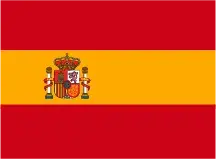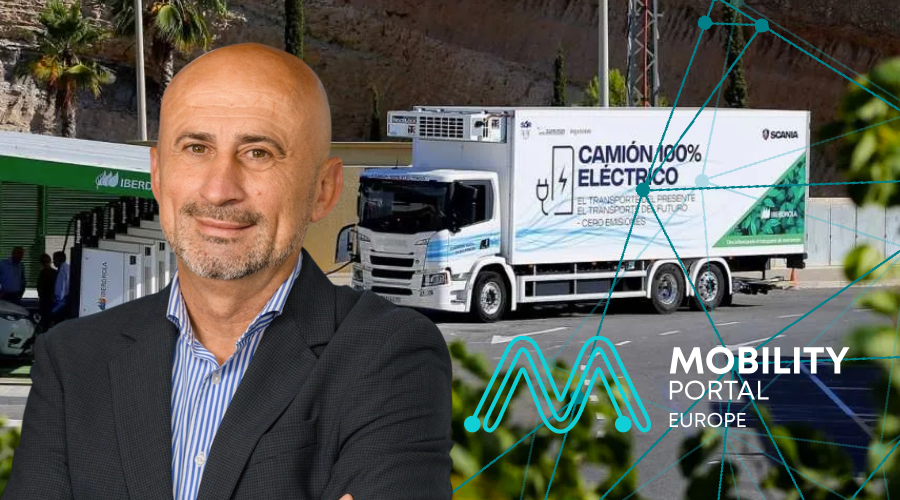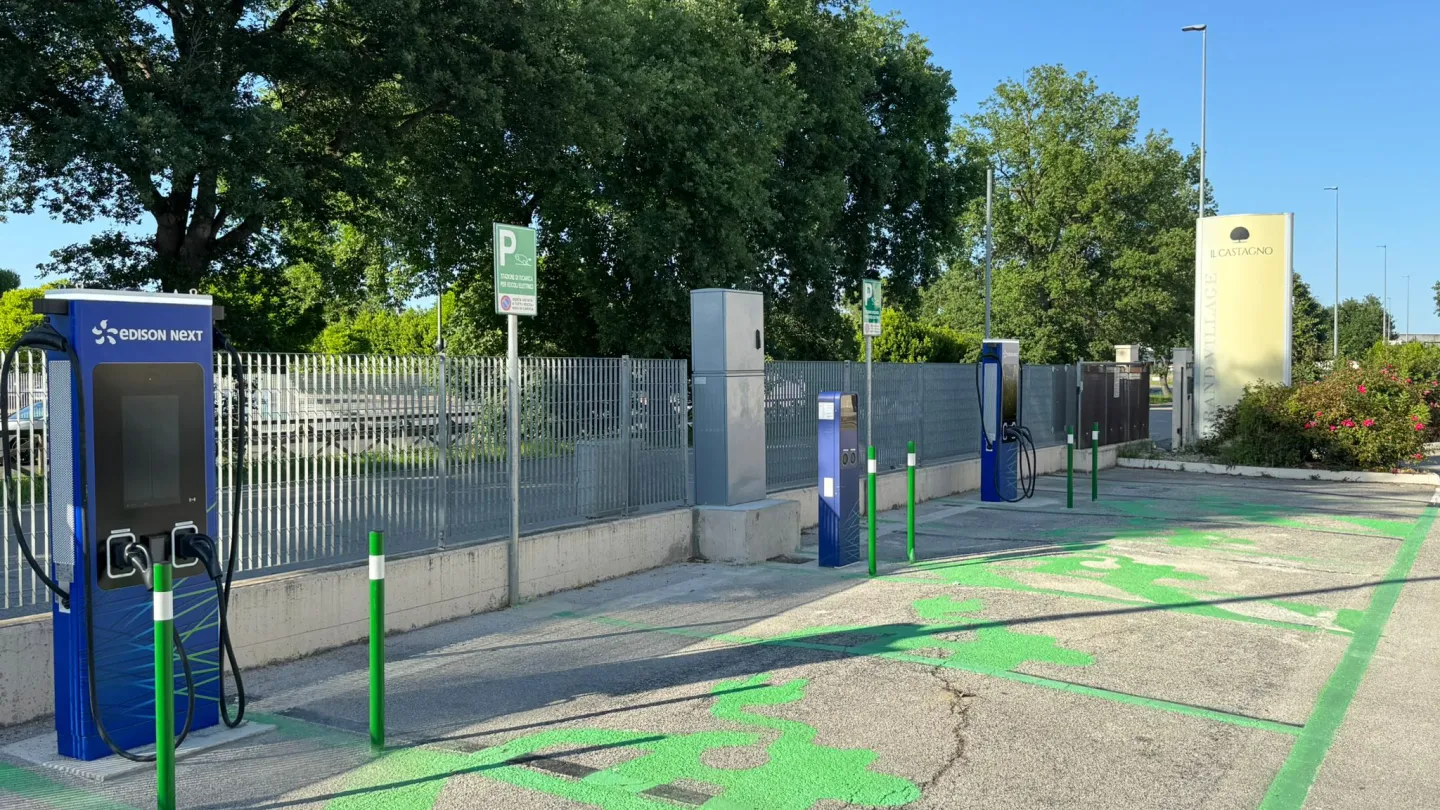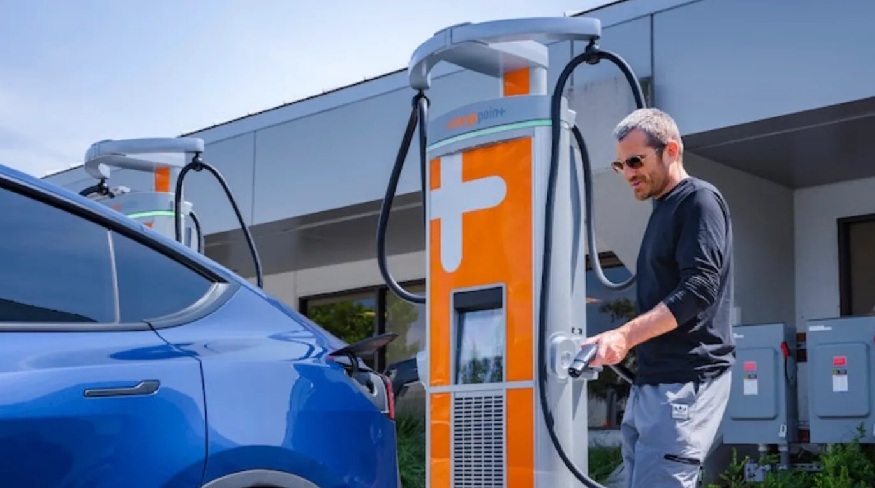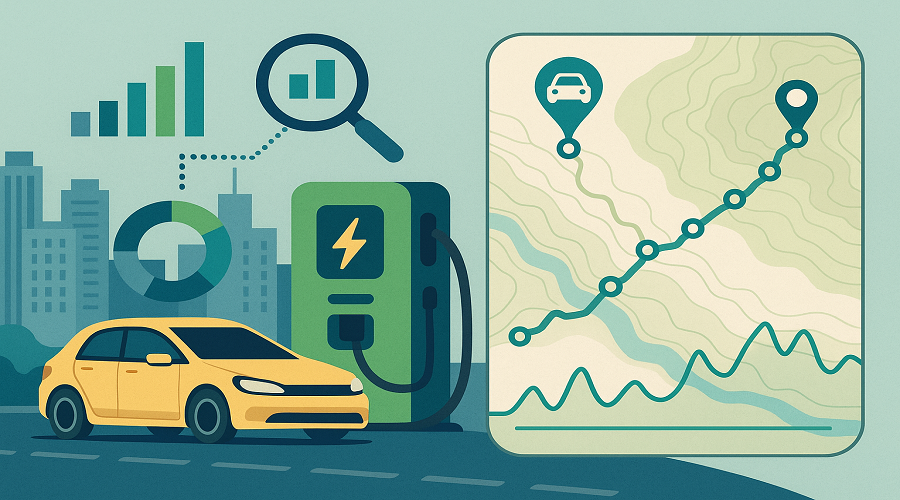“We currently operate around 30 electric vehicles, including tractor units, rigid trucks and vans,” confirms Sánchez Serrano.
“Today, we complete the equivalent of three trips around the world every month using electric vehicles alone.”
Given that one trip around the world is 40,075 kilometres, the figure equates to approximately 120,225 kilometres travelled by electric trucks each month—a milestone that reflects a decade-long journey of emissions measurement, reduction and compensation.
The company has held Spain’s MITECO environmental certification for several years, acknowledging its consistent efforts to cut and offset its carbon footprint.

In December 2022, Disfrimur became the first company in Spain to incorporate a fully electric tractor unit, developed in partnership with Volvo.
“Decarbonising our operations pushes us to test new technologies,” Sánchez Serrano explains.
A multi-energy strategy for a flexible fleet
Disfrimur’s approach does not rely on a single powertrain. The company currently operates with five different energy sources: diesel, compressed and liquefied natural gas (CNG/LNG), battery-electric vehicles, HVO (Hydrotreated Vegetable Oil), and Bio-LNG.
Hydrogen has also been tested through a pilot programme with Enagás.
“Soon we’ll be working with six energy types. Each comes with its own cost, total cost of ownership (TCO), emissions profile and best-use cases. Customers will choose what suits them,” he explains.
Rather than aiming for rigid growth targets, Disfrimur focuses on adaptability to meet the specific needs of its diverse client base.
One of the most significant operational insights is the daily mileage covered by its electric trucks, which demonstrates the system’s robustness.
Routes, charging and logistics: an optimised EV model
Electric operations currently cover urban and short-haul routes, with maximum distances of 150 km from the charging base, allowing round trips of up to 300 km.
This structure, while currently limited by range and infrastructure, is expected to evolve with the upcoming adoption of Megawatt Charging System (MCS) technology, which supports charging capacities up to 1,200 kW.
Disfrimur’s strategic alliance with Iberdrola is key to this expansion, enabling the electrification of its logistics bases in Spain.
“When we bring in trucks equipped with MCS, our routes will increase significantly,” anticipates Sánchez Serrano.
The MCS standard is still under development, but real-world pilot projects are already underway with Iberdrola, BP Pulse, Milence, and others.
These trials are improving high-power charging for heavy-duty electric vehicles, enhancing efficiency, reliability and seamless system integration.
By the end of 2025, the first MCS corridor connecting Antwerp to Stockholm is expected to be operational, paving the way for electric long-haul transport.
Disfrimur aims to be part of this shift once the necessary infrastructure and vehicle capabilities are fully in place.

In the meantime, the company operates from 14 logistics hubs located in strategic cities such as Madrid, Antequera, Barcelona, Murcia, Valencia, Zaragoza, among others.
“So far, we’ve electrified two of them in partnership with Iberdrola, and we expect to advance significantly throughout 2025.”
The firm currently uses charging points rated at 150 kW, 180 kW and 350 kW.
“The vehicle arrives, is parked, connected using an assigned card, and charging begins,” Sánchez Serrano says, describing the simplicity of the process.
Automated charging is not yet on the table—functionality and speed remain the priority.
The logistics design reflects a practical and operational focus, combining electrification with backup power sources to ensure resilience and service continuity.
Human challenges behind technical variety
Operating six energy technologies simultaneously presents significant challenges in staff training and management.
“It’s not easy. It requires personnel to be trained and comfortable with each one,” admits Sánchez Serrano.
Still, drivers have responded positively, especially to electric vehicles:
“Electric is the most comfortable energy to work with. Gas-powered vehicles require more care and special conditions. Electric trucks, on the other hand, are clean, simple, and don’t require special PPE. Drivers feel more ‘clean’ and engaged with our decarbonisation goals.”
Strategic partnerships and regulatory friction
Disfrimur prioritises suppliers that guarantee reliability and innovation.
“Partnering with Iberdrola, the electricity leader in Spain, gives us incredible strength. They supply 100% renewable energy and are constantly researching and innovating,” Sánchez Serrano notes.
When it comes to vehicle suppliers, the electric tractor units are mostly Volvo:
“Other manufacturers are slower to progress, but we’re testing Mercedes 2.0 models and in contact with Renault and Iveco, though their current offerings are limited.”
Despite its proactive approach, the company is still constrained by regulatory delays:
“We want to electrify all our logistics hubs, but bureaucracy in Spain significantly delays infrastructure deployment,” he concludes.
Discover Mobility Portal Data
Discover Mobility Portal Data, a new exclusive market intelligence platform offering reliable data and key reports to support smart decision-making across the automotive sector — covering both combustion and electric vehicles, as well as charging infrastructure.
Research, trend analysis, and neatly organised statistics presented with clarity and precision, alongside up-to-date insights — all just one click away. With Mobility Portal Data, good decisions are on the horizon.
READ MORE
-
Italy welcomes ABB’s new 50 kW charger: First C50 units installed at Il Castagno outlet
The installation, completed in early June, is part of ABB E-mobility’s Early Adopter Program (EAP), a global initiative aimed at gathering real-world insights to refine new products in their intended environments.
-
Safeguard Care: ChargePoint launches service to ensure EV charger reliability
Safeguard Care, combined with ChargePoint Assure, is an ideal solution for charging providers with high traffic and distributed charging stations, such as municipalities, parking garages and workplaces.
-
How AI is optimising the charging of private vehicles and electric fleets in Colombia
Two startups are developing artificial intelligence-based solutions to optimise electric vehicle (EV) charging in cities and along major routes. Consumption forecasting, journey planning, and real-time monitoring are key tools for the efficient use of fleets.




